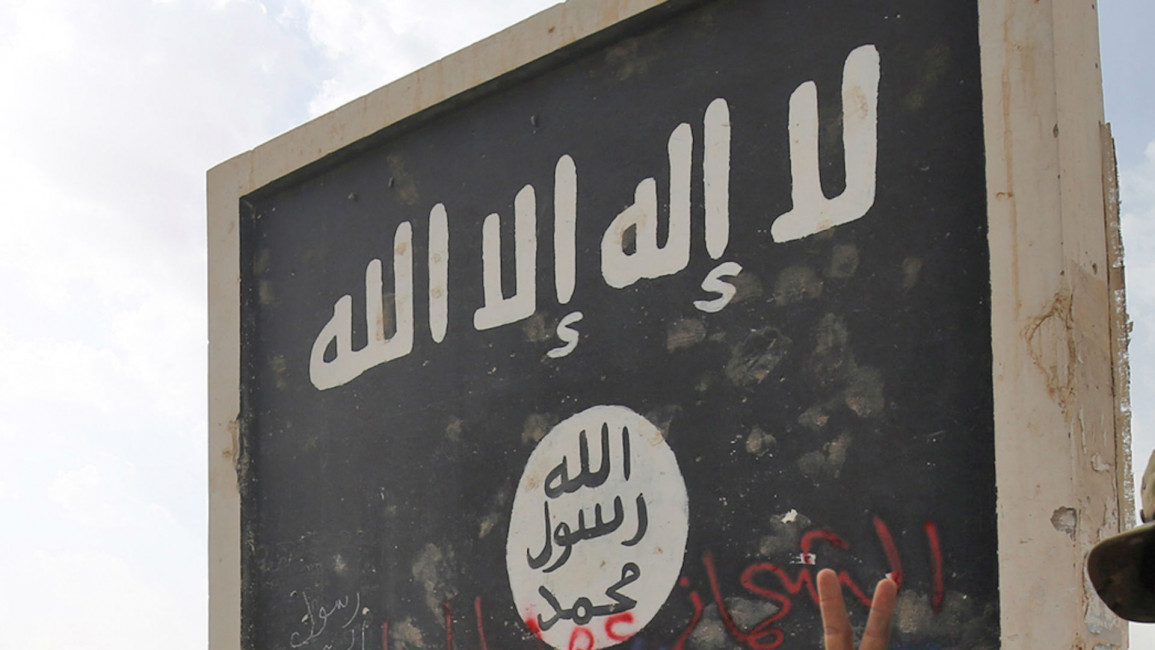Iraq is torturing children to coerce confessions: HRW
Iraq and the Kurdish regional government have charged hundreds of children with terrorism for alleged affiliation with the Islamic State group, often using torture to coerce confessions, Human Rights Watch said on Wednesday.
In a report, the New York-based group estimated that Iraqi and Kurdish authorities were holding approximately 1,500 children for alleged IS affiliation in detention at the end of 2018. It said the prosecutions are often based on dubious accusations and forced confessions obtained through torture.
The children are then sentenced to prison in hasty and unfair trials, HRW said.
"The approach that Iraq has adopted is one that completely fails to acknowledge what is commonly understood and reflected in international law, which is that children who were forcibly recruited are indeed victims, they should be treated as victims not as criminals," said Belkis Wille, senior Iraq researcher at Human Rights Watch.
Iraq declared victory against IS in December 2017 after three years of bloody battles that killed tens of thousands and left Iraqi cities in ruins. The country is grappling with a massive legacy from the fight, which includes thousands of detainees, including children, who are being sentenced in rushed trials
The Associated Press interviewed two parents in northern Syria, near Iraq's second largest city of Mosul, whose children, aged 16 and 17, had been taken away from them by Iraqi security services in 2017. In both cases it took the parents months to locate their children and both boys said that they had been tortured during their detention.
One of the women said after her husband and son were arrested she didn't see them for a year and a half. Then she received a phone call from a hospital telling her that her son was there being treated.
"My son told me: 'mum, they took me to a room.' And I said, 'why? What did they do to you, my son?' He said 'mum, they took me inside and started beating me with hoses. I reached behind but couldn't tell where the next blow was coming from, they were beating my head, my back, both of my feet,'" said the woman, who wished to remain identified for security concerns.
"Children accused of affiliation with IS are being detained, and often tortured and prosecuted, regardless of their actual level of involvement with the group," said Jo Becker, children's rights advocacy director for HRW. "This sweeping punitive approach is not justice, and will create lifelong negative consequences for many of these children."
Maj. Gen. Saad Maan, a spokesman for Iraq's Ministry of Interior, denied the HRW accusations, saying authorities in Baghdad are holding around 500 IS women, and some of those have their children with them. He said the children are not being investigated and are being provided with medicine, food and clothes. "None of the children are under investigation," he told AP in Baghdad.
The 52-page report, entitled "Everyone Must Confess': Abuses against Children Suspected of ISIS Affiliation in Iraq," criticised what it described as a deeply flawed screening process that often leads to detention and prosecution of children regardless of whether they have any involvement with IS, or the extent of that involvement.
It cites the case of a 17-year-old detainee, who said he worked at a restaurant in Mosul that served IS members, and believed that his name appeared on a "wanted" list because IS took his identification so he could be paid.
"What we see are extremely brief trials in the cases of these boys. Every single one of these trials proceeded solely on the basis of the confession that was produced by their interrogation, often with the use of torture," Wille said.
"After the trial is done, usually in ... five-minute or a 10-minute period, they receive their sentence and they return to prison."
Follow us on Twitter: @The_NewArab



